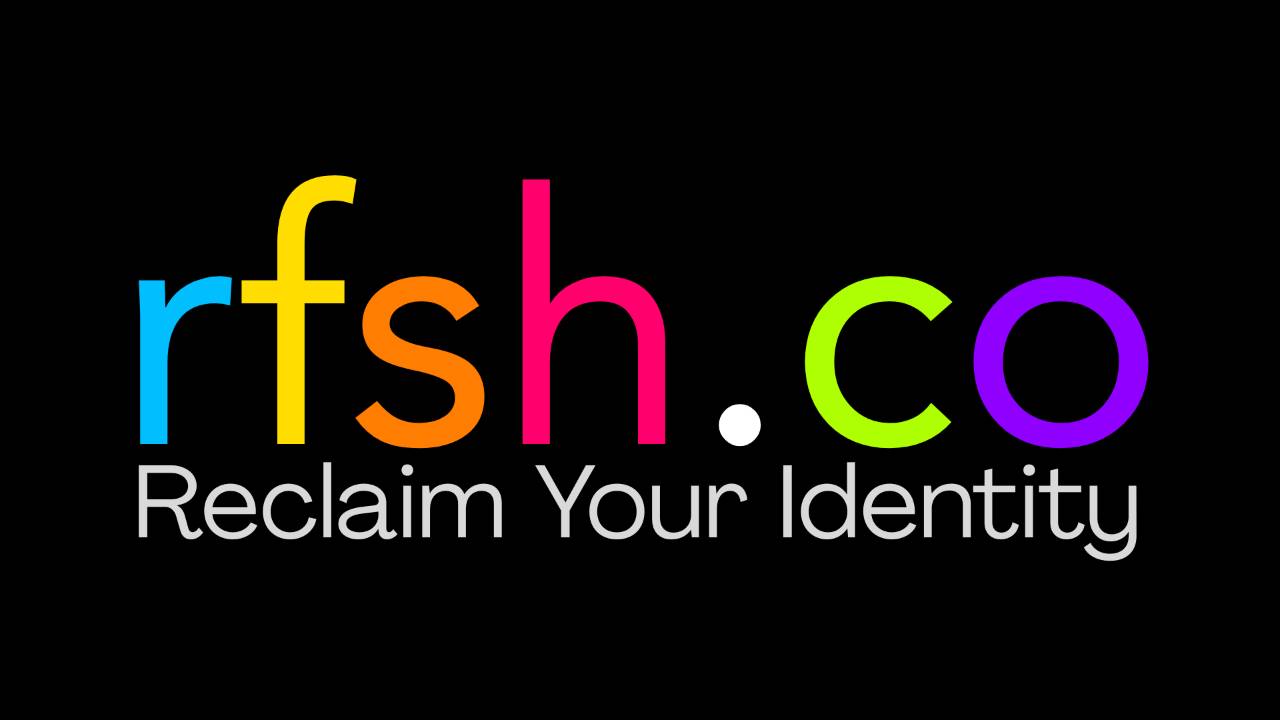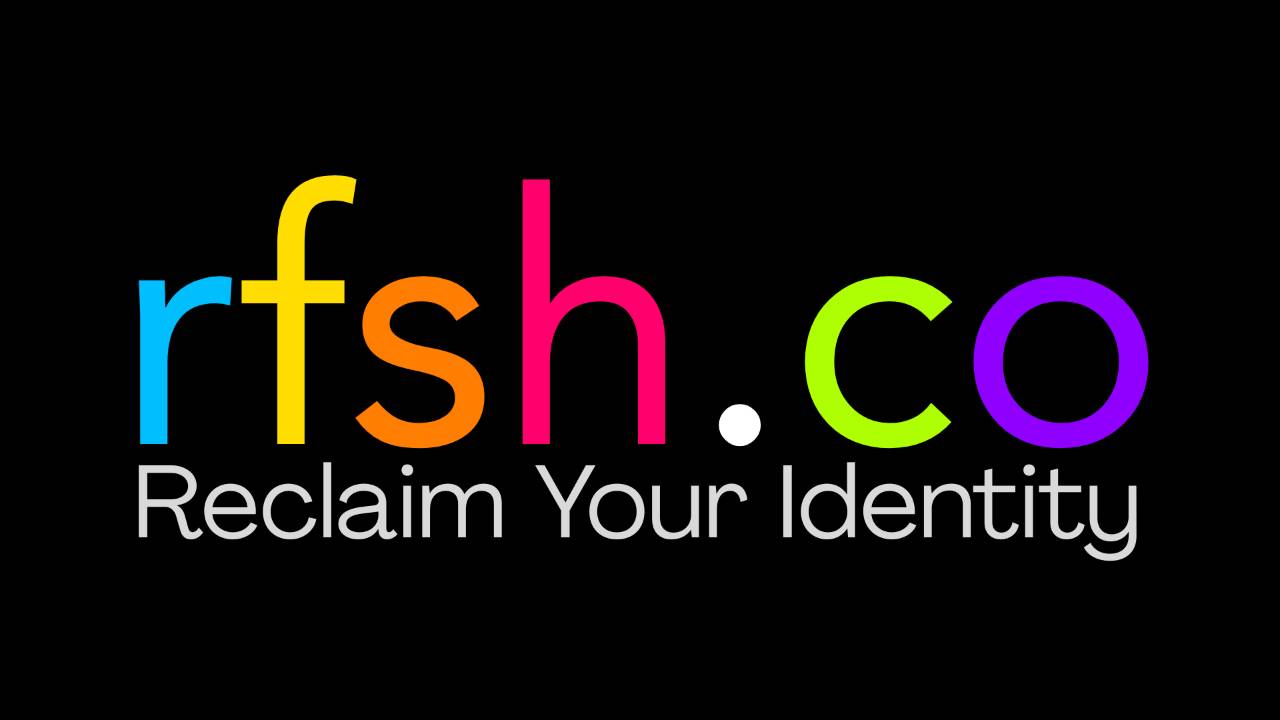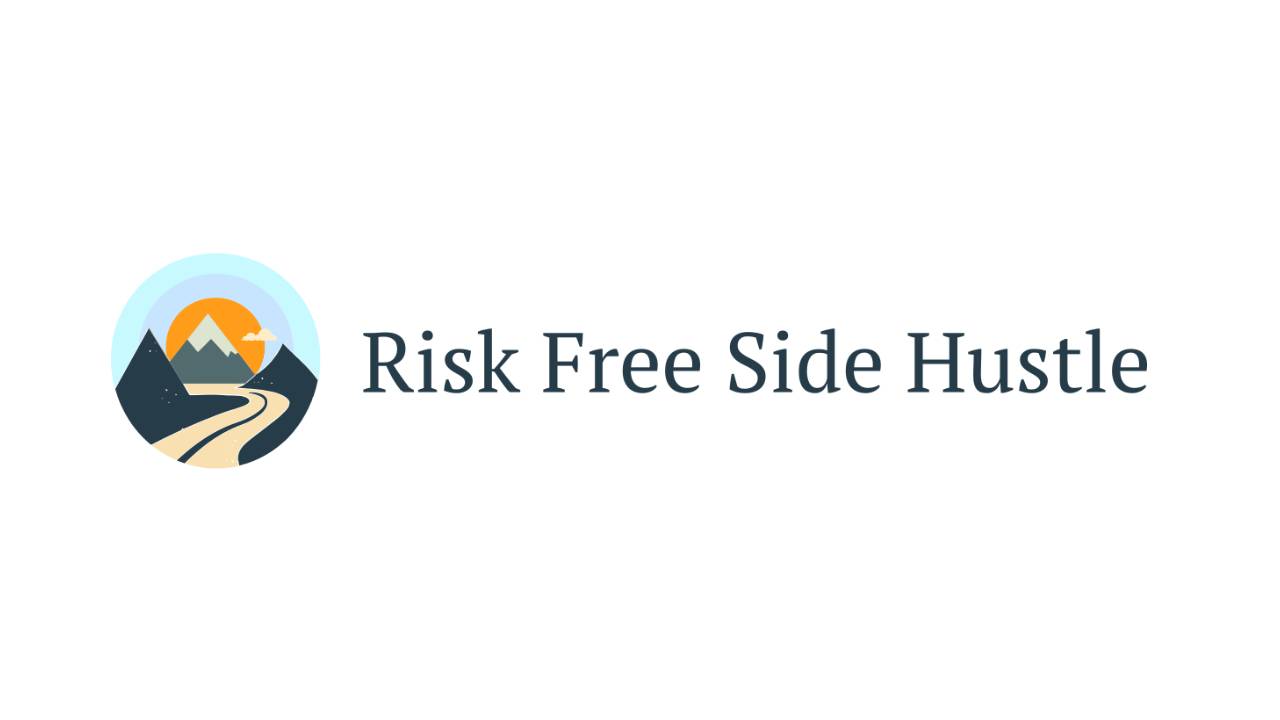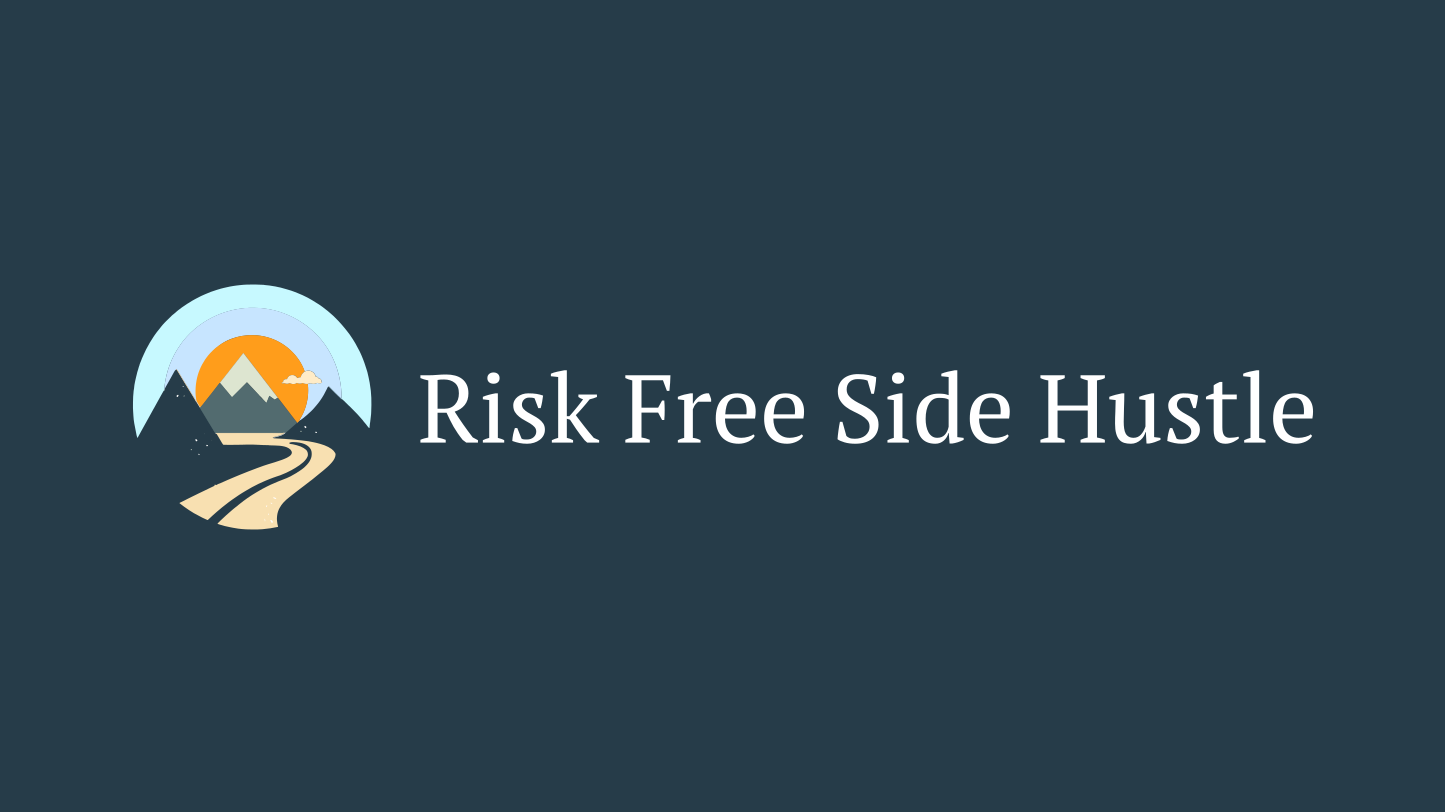30. Layoff Culture: It’s Not Personal, But It Is Your Problem
No one is immune. Not you. Not your boss. Not the star employee who just got a glowing review.
The era of being rewarded for loyalty is long gone. Today, job security isn’t earned—it’s budgeted!
You can do everything right and still get cut. Because behind every layoff is a spreadsheet. A formula. A cost-benefit decision. It’s not personal, but it’s still painful.
In 2024 alone, 542 tech companies laid off over 150,000 people. Many of them didn’t see it coming. Most had done nothing wrong.
It’s brutal. It’s cold. And it’s the world we’re living in.
Why is this happening?
Because the values that guide business have changed. In the past, relationships and loyalty held weight. Respect was a two-way street. But over the last few decades, those values have flipped.
Maximizing profit is now at the top of the list. Culture and relationships? Buried somewhere near the bottom, if they’re on the list at all. This is the reality of layoff culture. And it’s not going away.
Where We Go Wrong: Tying Our Identity to a Job
Here’s the trap: we confuse our role with our worth. We tell ourselves we’re safe because we’re “valuable.” But value is only as good as next quarter’s earnings report.
Being tightly coupled to your job shows up in subtle but dangerous ways:
-
You delay personal goals, hobbies, or side ventures “until work settles down.”
-
You introduce yourself by your job title, not your mission.
-
You feel lost without the company badge or email signature.
-
You rely on your employer to validate your success, your worth, your growth.
This dependency is quiet. It feels like commitment. But it’s actually a form of vulnerability, one that keeps you in a constant state of low-grade anxiety. Because deep down, you know it could all disappear overnight.
And here’s the thing, it’s okay. We cling to these beliefs because they used to be true.
A generation ago, job security was a real promise. Loyalty was rewarded with pensions, promotions, and long-term stability. Your company did have your back, sometimes for decades. But the game has changed. Those rules don’t apply anymore, and holding onto them is like bringing a horse to a Formula 1 race.
The sooner we recognize that this belief belongs to a different era, the sooner we can stop chasing stability in the wrong places, and start building it for ourselves.
The Antidote? Identity Independence
If you want to escape the stress loop, you have to shift your perspective. Your job should be one expression of your skills, not the definition of your identity.
You are not your title. You are not your company. You are a collection of values, talents, ideas, and potential. And those things go with you, regardless of who signs your paycheck.
What We Can Learn from Gen Z
There’s one generation that already understands this intuitively: Gen Z.
Born between 1997 and 2012, Gen Z grew up in the wake of financial crisis, pandemic layoffs, and cultural instability. They’ve never known a world where work equals stability. And because of that, they’ve built entirely different expectations.
Gen Z doesn’t just accept the new rules, they thrive under them.
They don’t fear job-hopping. They treat employment like a collaboration, not a life contract. They’re less interested in climbing one company’s ladder and more focused on building their own portfolio of projects, skills, and revenue streams. Many juggle freelance gigs, creative endeavors, side hustles, and full-time roles—simultaneously.
More importantly, they value authenticity over appearance. They curate personal brands online, speak openly about mental health, and don’t equate corporate loyalty with moral virtue.
To older generations, this might seem disloyal or scattered. But in reality, it’s a resilient, future-proof strategy. Gen Z knows that placing your identity in a job title is a gamble. They’d rather invest in themselves.
There’s a lesson here: You can build a career without being bound to it. You can value your work without letting it own you.
So What Do You Do?
You don’t panic. You don’t take it personally. You learn to see the game for what it is, and play it accordingly.
The old rules don’t work anymore. Your parents might’ve told you to keep your head down and let your work speak for itself. That advice doesn’t hold up in 2025.
Today, your job is a month-by-month service contract. Nothing more. Nothing less.
And if your entire professional identity is tied to a line on a company org chart, you’re putting your future in the hands of someone else’s cost optimization model.
Build your own brand. Define your mission. Speak up. Show up. Your job title should be a bullet point on your resume, not the foundation of your self-worth.
Because if your identity depends on a spreadsheet, you’ll always be at risk of deletion.
Talk soon,
Nathan Pearce
Creator of Risk Free Side Hustle







Responses